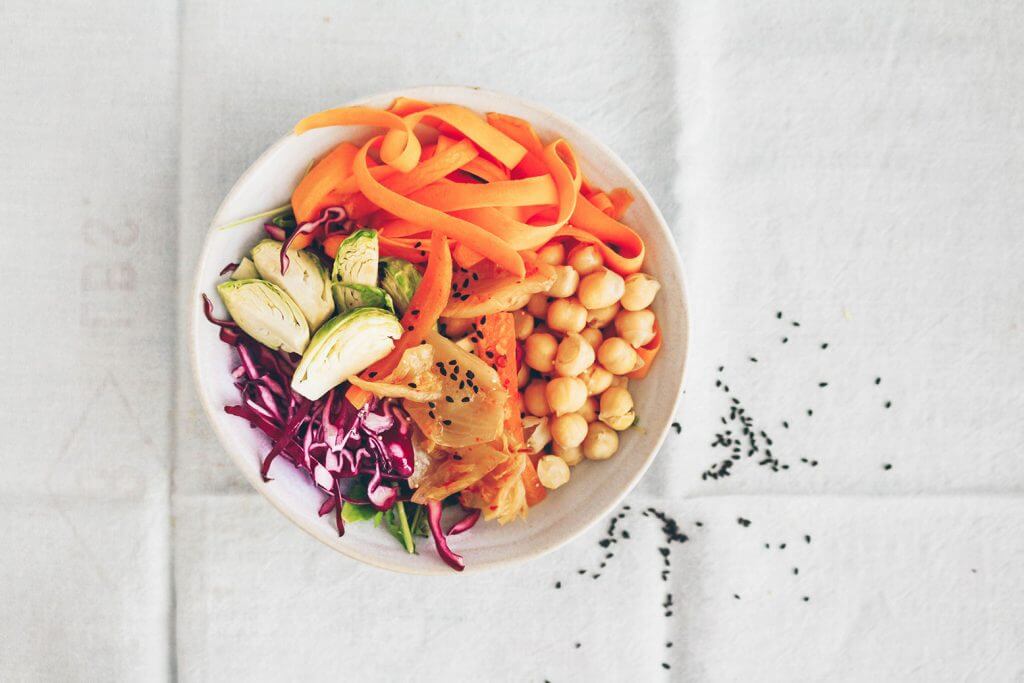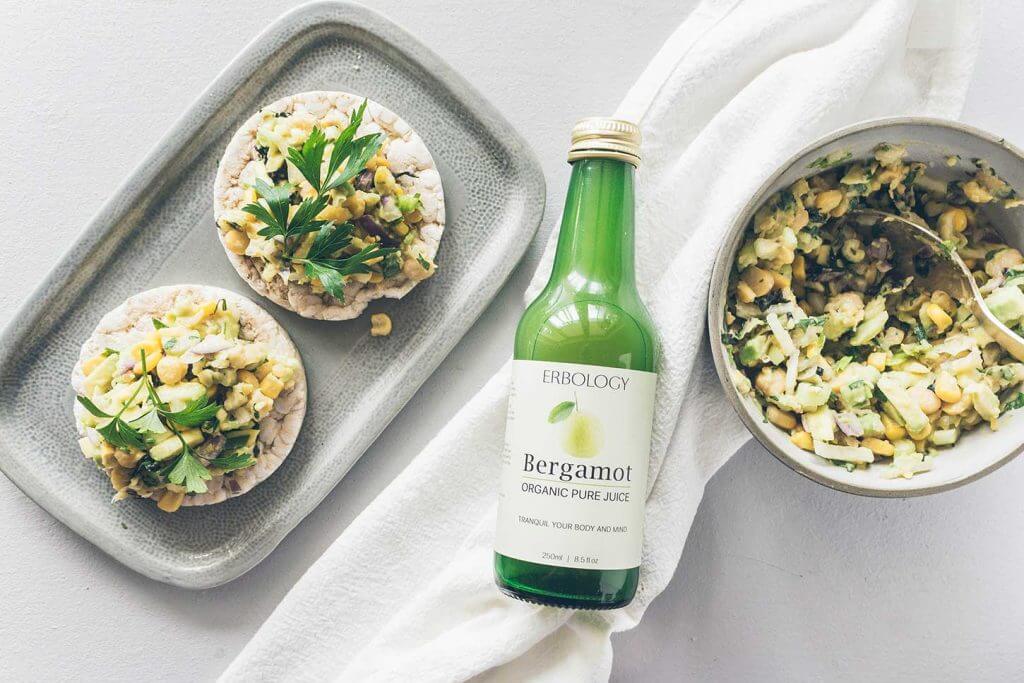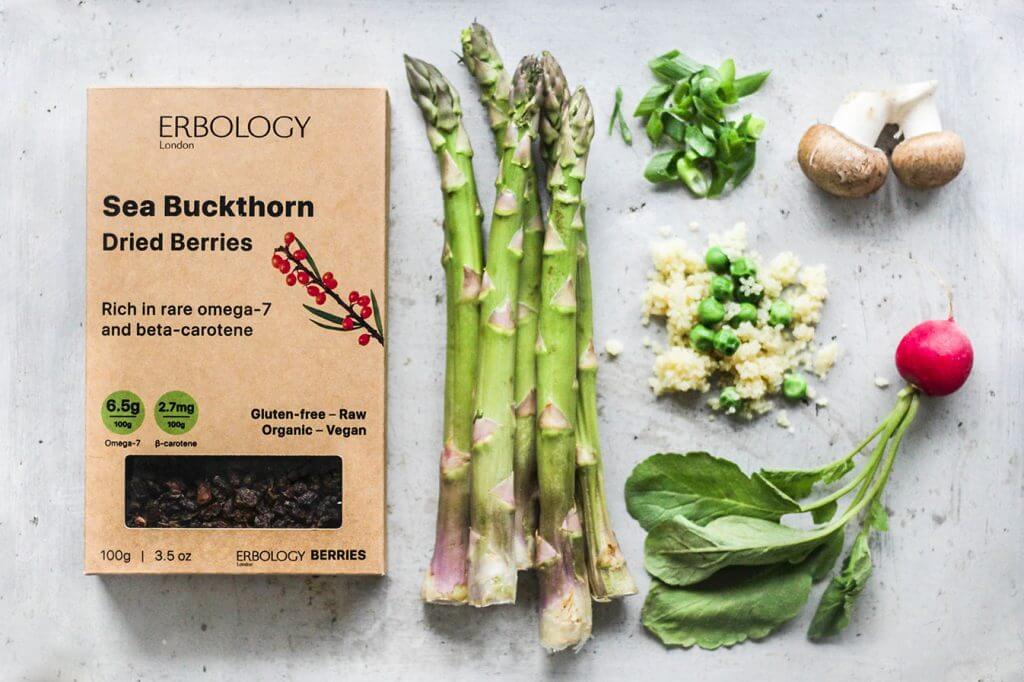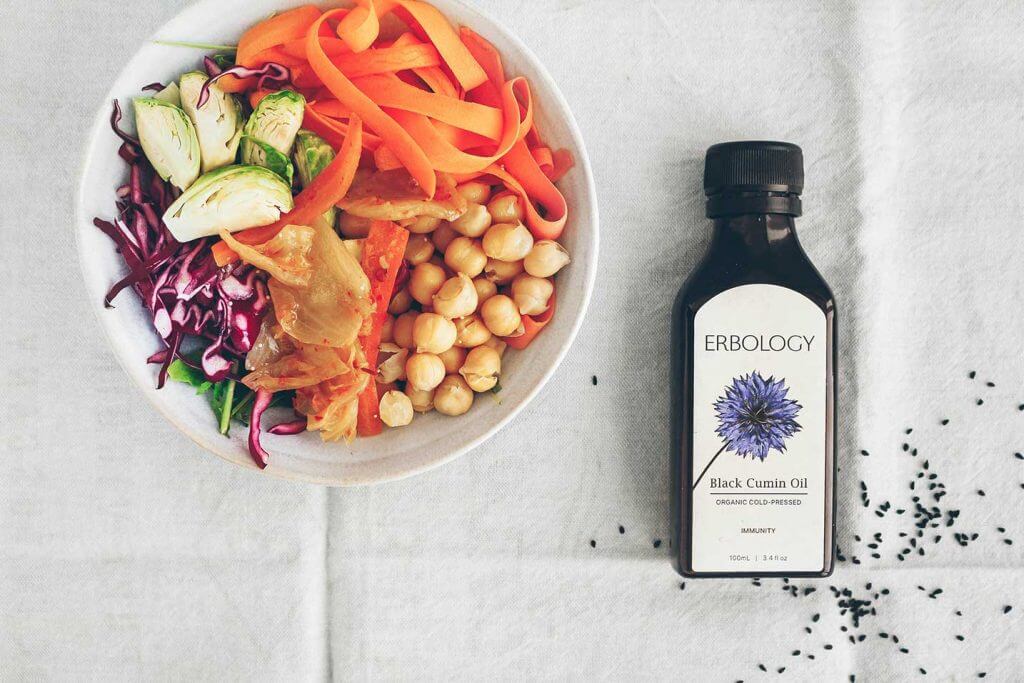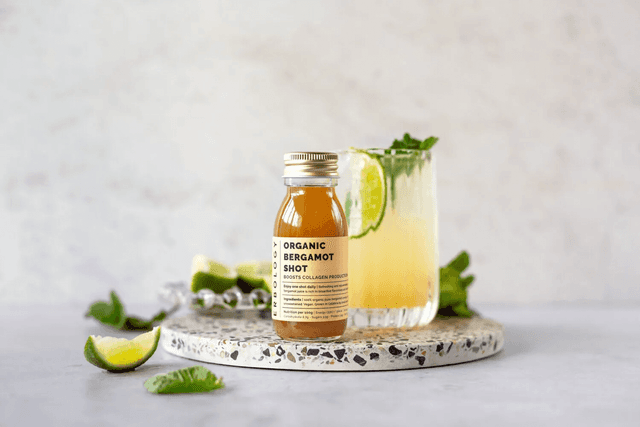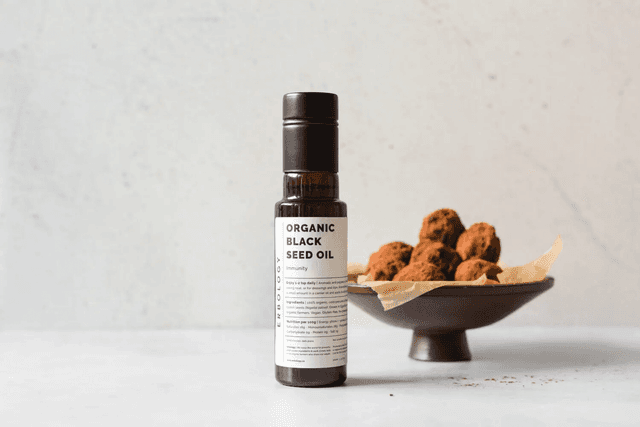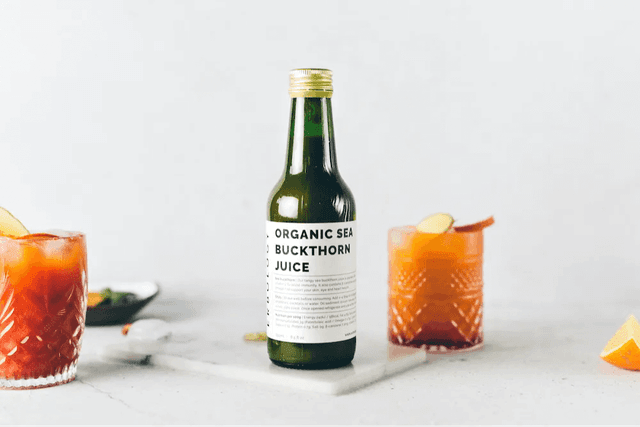26 Mar 2020
7 immunity-boosting foods to add to your diet right now
Consistency is key
Your immune system is one of the most impressive and complex feats of biology we know of. Capable of detecting and destroying invaders, flagging other cells for help, and activating organs and tissues in a battle against invading bugs, it's crucial to our survival and to our wellbeing.
When we're feeling a bit run down, or approaching a stressful period, it's natural to look for easy ways to boost your immune system's capabilities.
Unfortunately, there's no seven-day plan or crash diet that can bolster your immunity. But the food you eat and the lifestyle you adopt can make a huge difference, if you do it consistently.
Here, we've come up with seven fantastic foods known for their immunity-boosting properties. Use them as inspiration for a healthy diet that will not only support your immune system, but improve your overall wellbeing.
1. Foods high in vitamin C: bergamot and sea buckthorn
Vitamin C tops the list of immunity-boosting natural substances, aiding many different functions of both the adaptive and innate immune systems. It's antimicrobial and acts as a powerful antioxidant, fighting the damage caused in your body by free radicals. Meanwhile, people who have a vitamin C deficiency tend to be more susceptible to infections.(1)
Best of all? You can get vitamin C through your diet, with no need for supplements. Oranges and lemons are famously full of vitamin C, but the rest of the citrus family also has a lot to offer. If you're looking for a change, try our Organic Bergamot Juice. Bergamot is a small citrus fruit that looks a bit like a small, round lemon. In terms of flavour, it is like a cross between bitter orange and lemon; sharp and tangy, with characteristic citrus sweetness.
Alternatively, you can source your vitamin C from berries. Throw a handful of blueberries in with your breakfast bowl, or try beautifully bright orange sea buckthorn. It may not be as well known as other berries, but it packs a punch when it comes to vitamin C. Per 100g, sea buckthorn can contain up to fifteen times the vitamin C of an orange.
What's more, these tangy berries are also a source of rare omega-7 fatty acids, which contribute to eye, skin and mucous membrane health. One of our zingy sea buckthorn shots makes a great natural alternative to your daily vitamin C tablet.
Related reading
Health benefits of sea buckthorn
2. Black seed oil (nigella sativa)
Black seed oil comes from black cumin seeds (nigella sativa). While you might be familiar with them in cooking, you may not know the impressive health benefits these little seeds have to offer.
Intensely antimicrobial, antibacterial, anti-inflammatory, and antiviral, cold-pressed black seed oil has been used for generations. Traditional medicine recommends it to treat all sorts of ailments. The oil is so revered that it even found a place in King Tutankhamun's tomb.(2)
Black seed oil contains thymoquinone, a powerful phytochemical compound which may offer profound healing properties. Researchers have also suggested that black seed oil may be an 'immune modulator', meaning it can restore, activate or boost normal immune function..(3) → View Related Products
Related reading
The health benefits of black seed oil
Top ten seeds for your healthy diet
3. Medicinal mushrooms
Ancient China, Mexico, Egypt, Greece, and Rome all turned to medicinal mushrooms for immune health. This group of mushrooms includes oyster, shiitake, turkey tail, royal agaricus, maitake, and reishi mushrooms among many others.
Research has looked widely into the incredible bioactive compounds that these mushrooms offer us. These include beta-glucans, powerful polysaccharides which increase immunity. They work by boosting macrophages, enhancing the complement system, and supporting killer cells, among other things.(4)
Moreover, mushrooms offer a number of valuable nutrients including selenium and potassium. All in all, these fungi offer a number of anti-microbial compounds that are not easily found elsewhere.(5)
Not sure which mushroom is right for you? We've harnessed the immunity-boosting power of eight medicinal mushrooms in our Immunity Mushroom Blend.
4. Probiotics for gut health
We are only now beginning to understand more about the delicate, complex relationship between the gut microbiome and the immune system.
The rich variety of beneficial bacteria contained in our guts keep us in balance. If these bacteria are not nourished, researchers think that we may be more at risk of autoimmune disorders.(6) These disorders, which include lupus, rheumatoid arthritis and MS, occur when your body mistakenly attacks itself.
Including fermented probiotics in your diet is a wonderful way of helping to regulate your gut microbiome. While 'fermented probiotic' sounds quite technical, you might be surprised to find out how many of your favourite foods match this description. Sauerkraut, kimchi, kombucha, and miso will all feed the healthy microbes in your gut. This is good news, as a wider variety of gut flora will help keep your immune system in good working order.
Related reading
The Erbology guide to medicinal mushrooms
The health benefits of Jerusalem artichoke
Eat these 7 prebiotic and probiotic foods for your gut health
